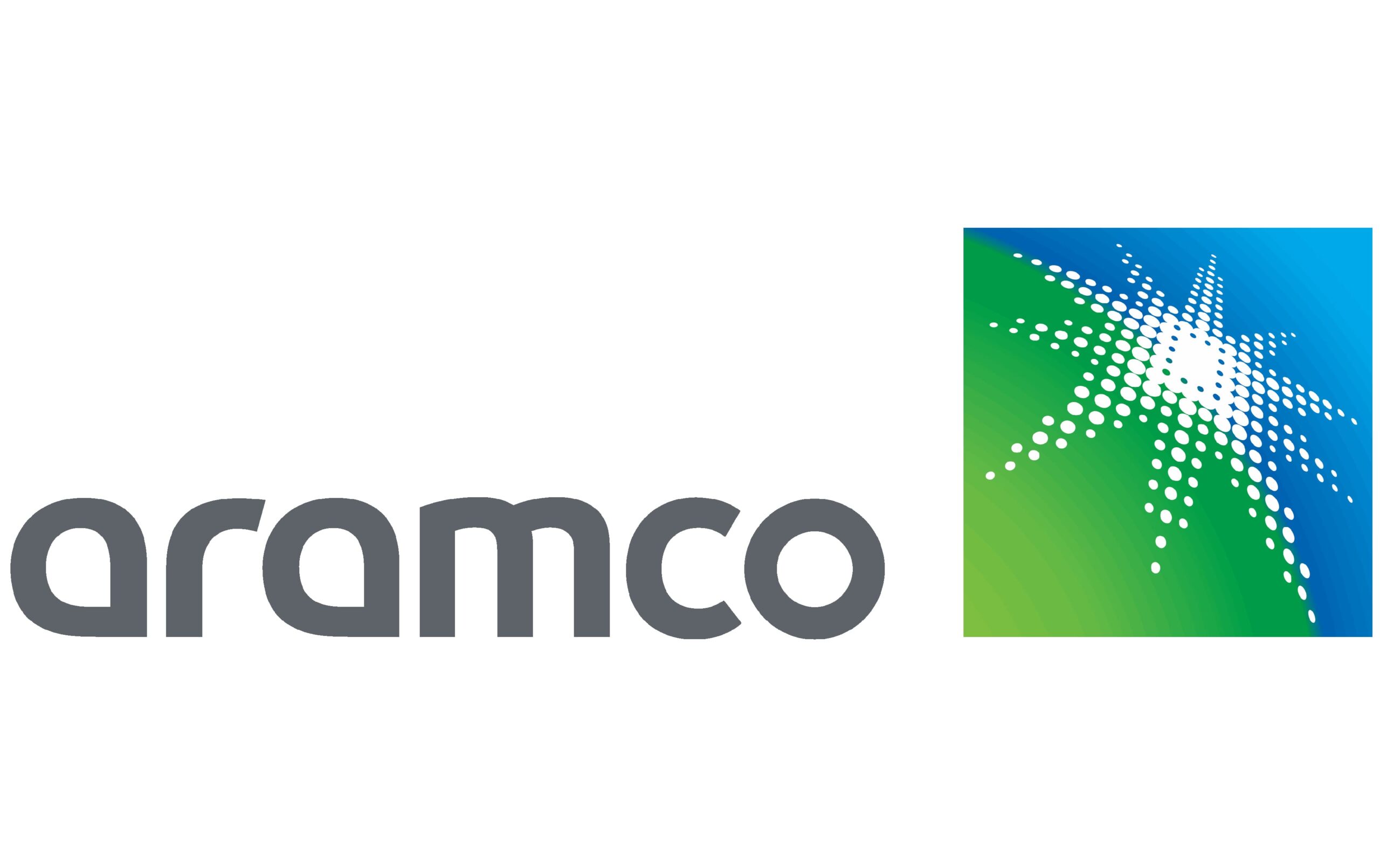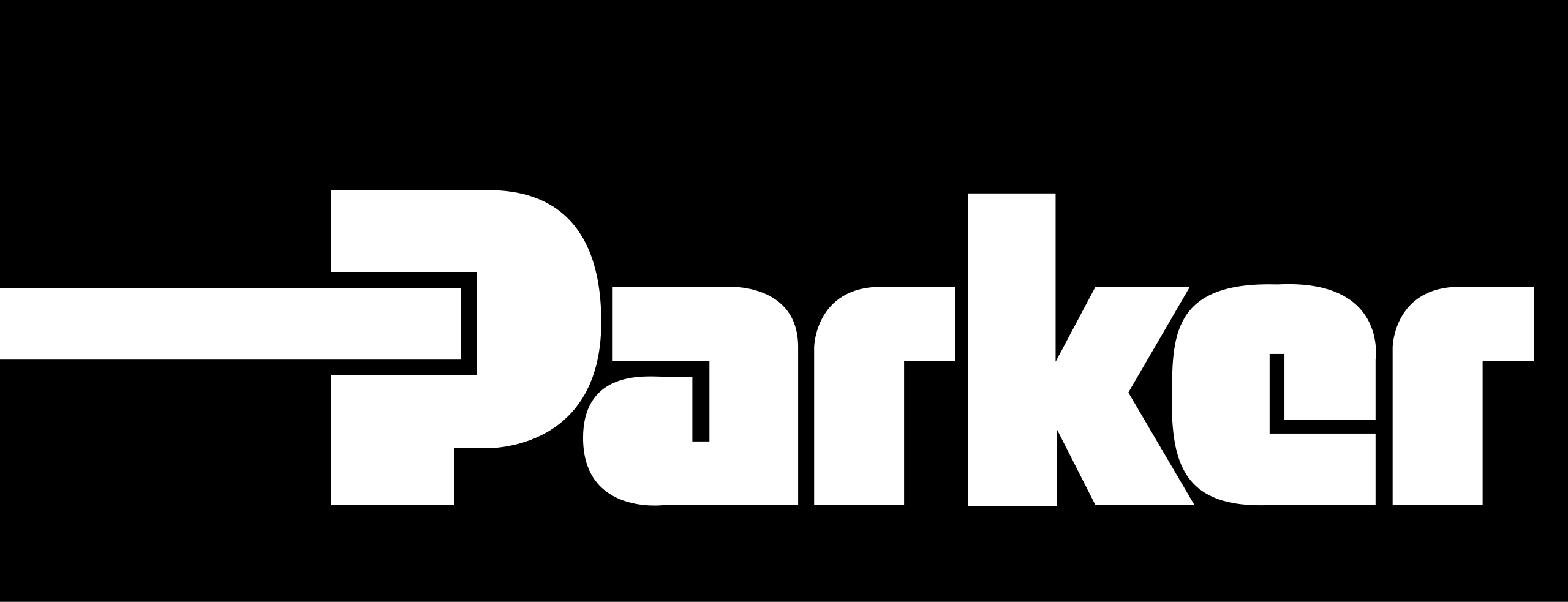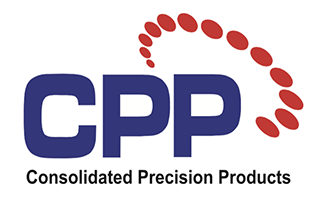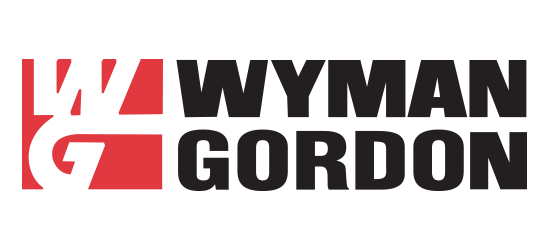Building Materials

Building Materials
South Shore Controls offers a comprehensive suite of automation solutions and services that address the specific challenges and opportunities within the building materials industry. By combining industry expertise with cutting-edge technology, they empower manufacturers to enhance efficiency, maintain quality, and stay agile in a dynamic and competitive market.
- Steel Mills
- Concrete Mixers
- Lumber Mills
- Asphalt Refineries
- Concrete Manufacturers
- Concrete Mixers
- Brick and Tile Manufacturers
- Glass Manufacturers
- Cement Plants
- Insulation Manufacturers
- Roofing Material Manufacturers
- Ceramic Tile Manufacturers
- Aggregate Producers
- Piping and Plumbing Manufacturers
- Precast Concrete Product Manufacturers
- Composite Material Manufacturers
- Ceramic Sanitaryware Manufacturers
- Drywall Manufacturers
Manufacturers in the building materials industry would find South Shore Controls’ automation solutions and services highly valuable for several compelling reasons:
Why South Shore Controls?
- Enhanced Efficiency and Productivity: South Shore Controls specializes in designing automation solutions that streamline manufacturing processes. For building materials manufacturers, this translates to increased efficiency, accelerated production timelines, and overall enhanced productivity.
- Customized Solutions for Diverse Materials: Building materials encompass a wide range of products, each with unique manufacturing requirements. South Shore Controls excels in providing customized automation solutions tailored to the specific characteristics and production needs of diverse building materials, including concrete, wood, metal, and more.
- Precision Manufacturing: Precision is paramount in building materials manufacturing, and South Shore Controls’ automation expertise ensures accuracy and consistency in processes. From cutting and shaping to assembly and finishing, precision is integrated into every stage of the manufacturing workflow.
- Flexibility in Production Systems: The building materials industry often experiences fluctuations in demand and evolving product specifications. South Shore Controls’ automation solutions are designed to be flexible, allowing manufacturers to adapt quickly to changing production requirements and market dynamics.
- Quality Control and Assurance: Maintaining high-quality standards is crucial in the building materials sector. South Shore Controls integrates advanced quality control mechanisms into their automation systems, ensuring that each product meets or exceeds industry standards and specifications.
- Energy Efficiency and Sustainability: South Shore Controls places emphasis on energy-efficient and sustainable automation solutions. For building materials manufacturers, this not only aligns with environmental considerations but also contributes to cost savings and compliance with evolving sustainability regulations.
- Integration of Robotics and Advanced Technologies: Leveraging cutting-edge technologies, including robotics and intelligent control systems, South Shore Controls enhances the manufacturing capabilities of building materials producers. Automation of tasks such as material handling, assembly, and packaging contributes to a safer and more efficient working environment.
- Data-Driven Decision-Making: South Shore Controls integrates data analytics into their automation solutions, providing manufacturers with real-time insights into production processes. This data-driven approach empowers building materials manufacturers to make informed decisions, optimize resource utilization, and implement continuous improvements for enhanced overall performance.
What Is Automation In the Building Materials Industry?
Automation in the building materials industry refers to the integration of advanced technologies and robotic systems to optimize and streamline various manufacturing processes involved in the production of construction materials. This includes a wide range of materials such as concrete, wood, metal, ceramics, and composites. The goal of automation in this industry is to enhance efficiency, precision, and overall productivity while ensuring the consistent quality of the manufactured materials.

Key Automation Aspects for the Building Materials Industry
- Material Handling and Processing: Automation systems are employed for the handling and processing of raw materials, including sorting, cutting, shaping, and forming. Robotic arms and intelligent conveyors contribute to the seamless movement and transformation of materials throughout the production process.
- Manufacturing and Assembly: Automated machinery and robotics are utilized in the manufacturing and assembly of building materials. This can include processes such as casting and molding for concrete products, CNC machining for precision cutting and shaping of wood and metal components, and automated assembly lines for modular construction elements.
- Quality Control and Inspection: Automation systems incorporate advanced sensors and imaging technologies for quality control and inspection. This ensures that the produced building materials meet stringent quality standards by detecting defects, inconsistencies, or deviations from specifications.
- Packaging and Logistics: Automated packaging solutions are implemented to efficiently package finished building materials for distribution. Additionally, automated logistics systems optimize the movement of materials within the manufacturing facility, contributing to a well-organized and streamlined production workflow.
- Energy Efficiency and Sustainability: Automation in the building materials industry often includes technologies focused on energy efficiency and sustainability. This can involve the implementation of smart systems for resource utilization, waste reduction, and environmentally conscious manufacturing practices.
- Flexibility and Adaptability: Automation solutions are designed to be flexible and adaptable to changing production needs. This is particularly important in the building materials industry, where product specifications may vary, and customization is common.
- Data Analytics and Connectivity: Automation systems may integrate data analytics tools to monitor and analyze various aspects of the production process. This data-driven approach enables manufacturers to make informed decisions, identify areas for improvement, and optimize overall efficiency.
Frequently Asked Questions
What is system integration?
System integration is the process of introducing automated systems to help improve the functionality of your overall operation. Examples of automation system integrations include adding robotic pick and place systems or implementing position and presence monitoring.
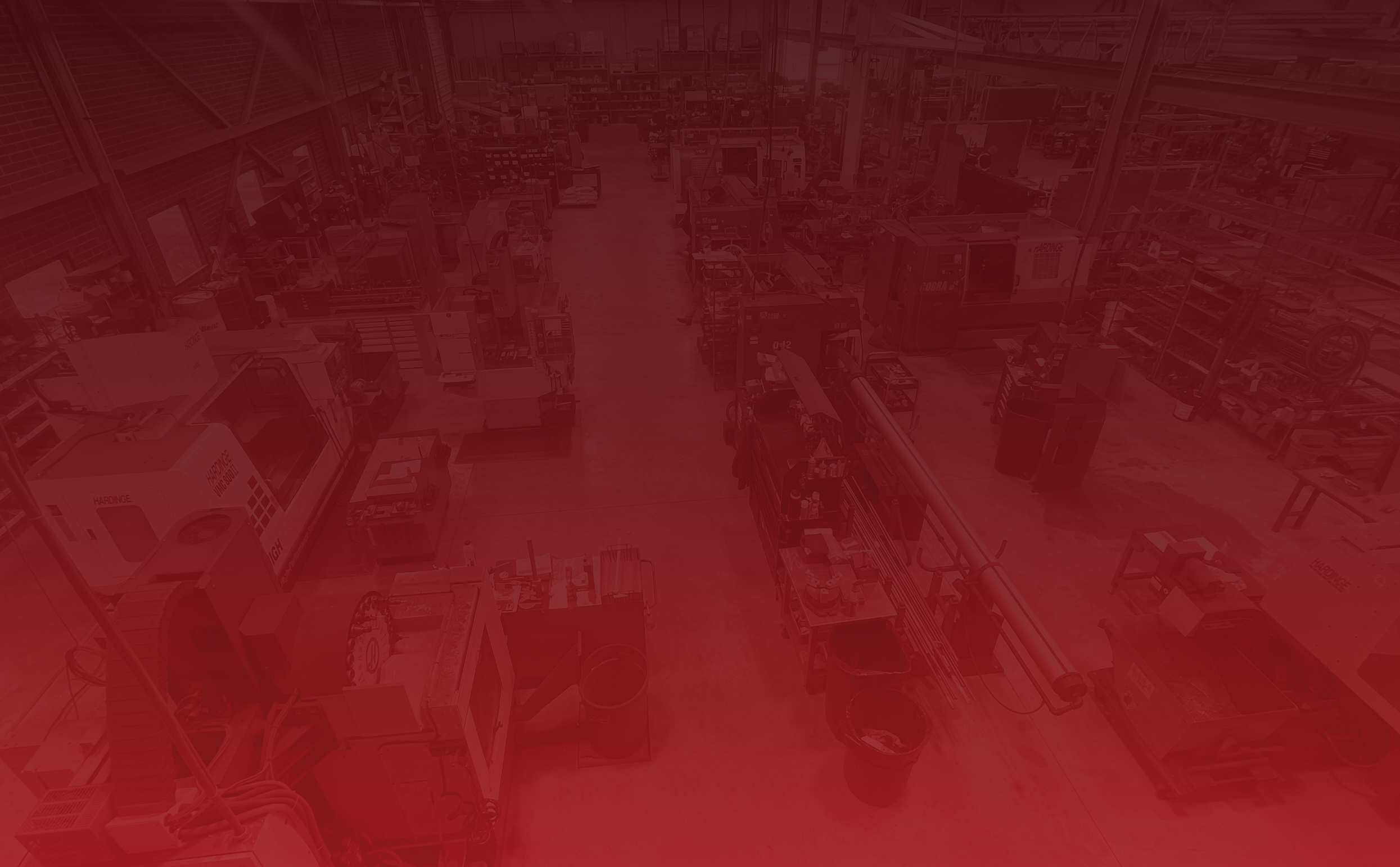
Discuss Your Project with Our Team Today
Contact our automation and controls experts to learn how we can help improve and automate your manufacturing processes.






